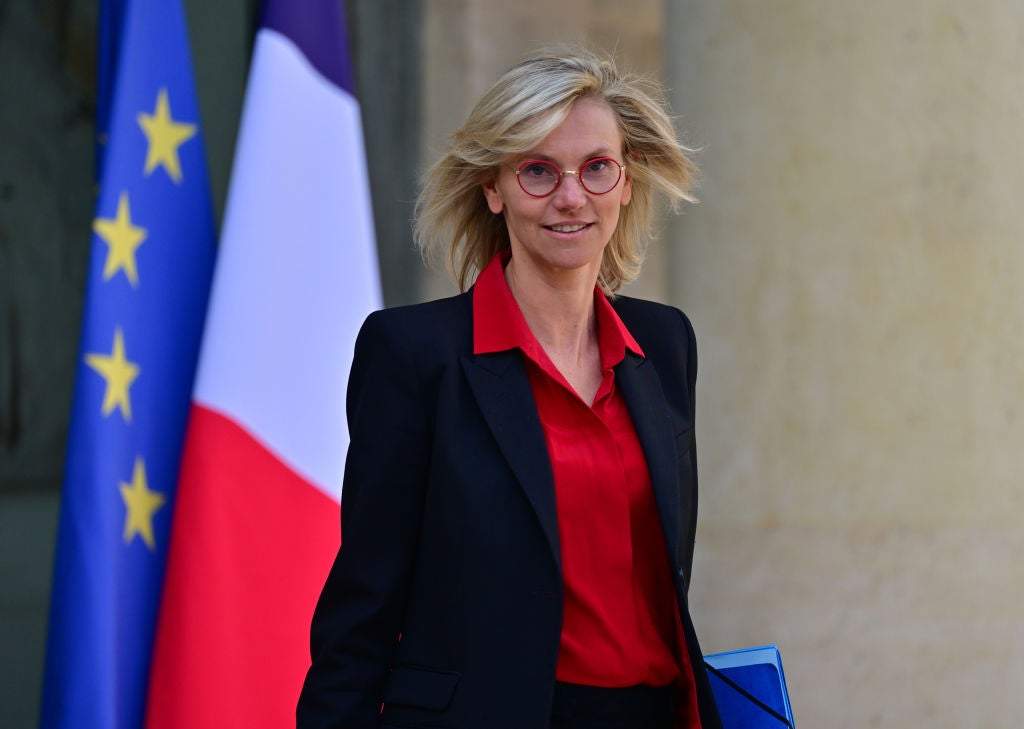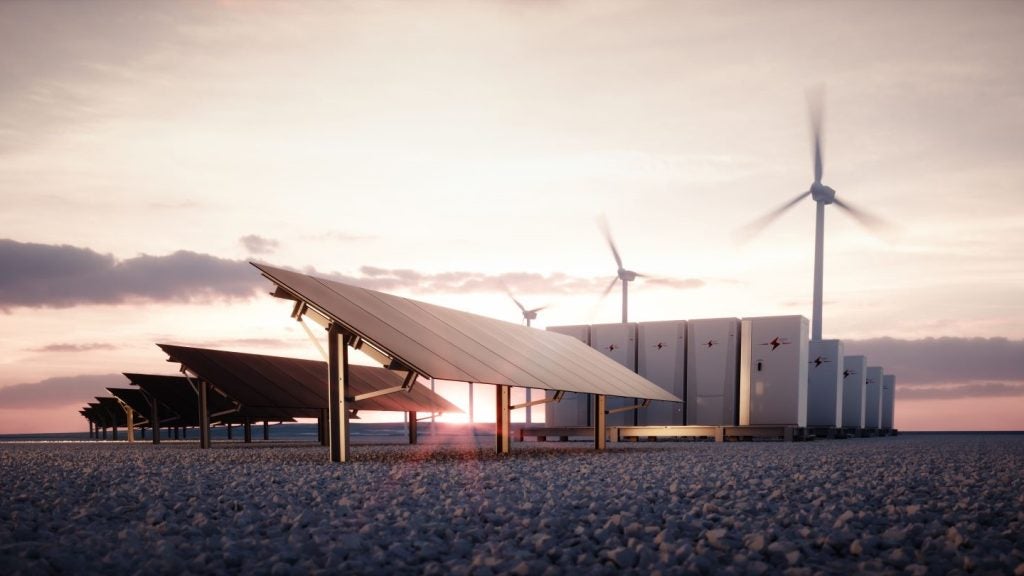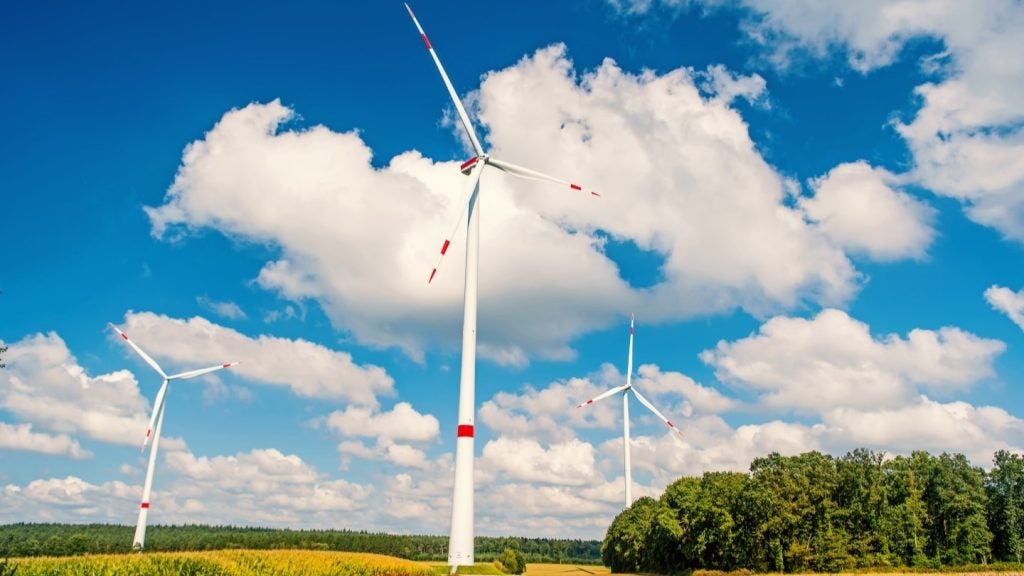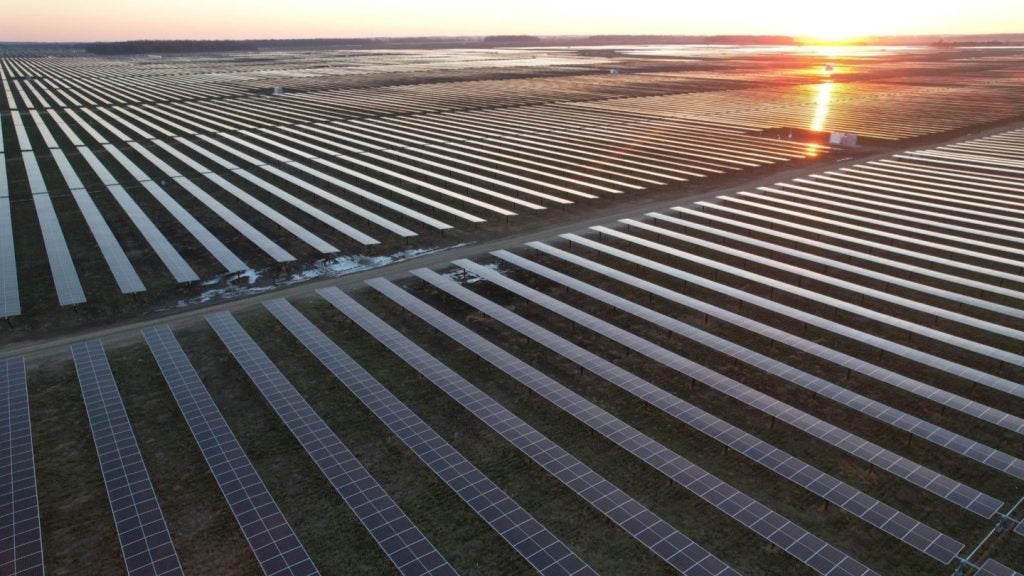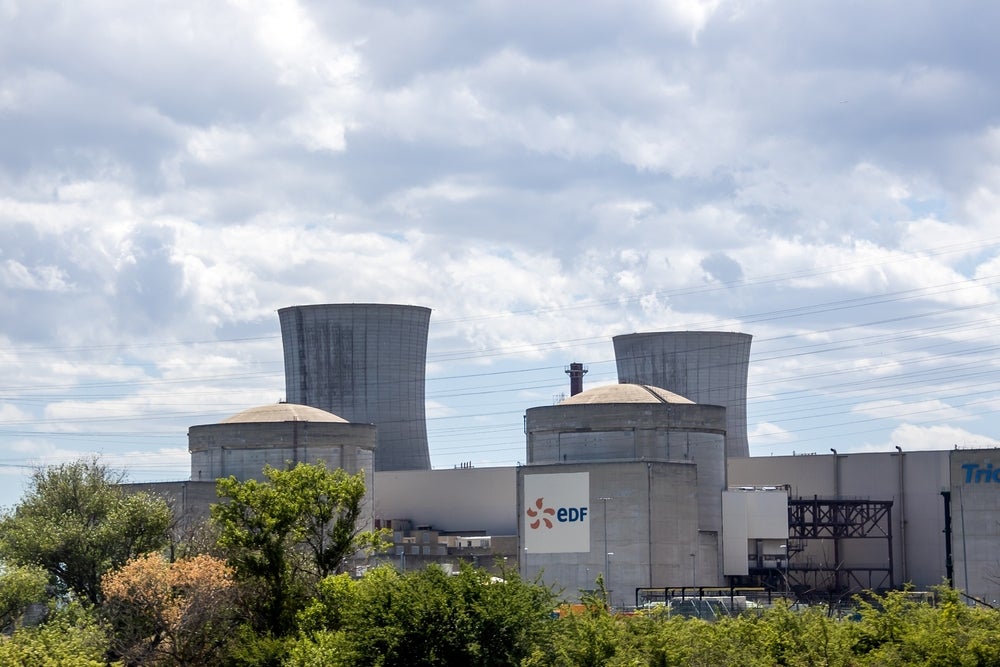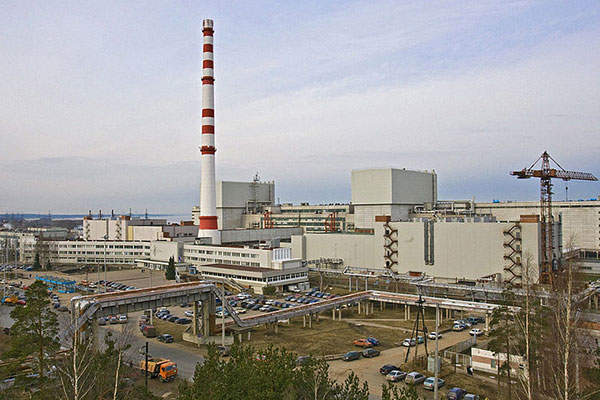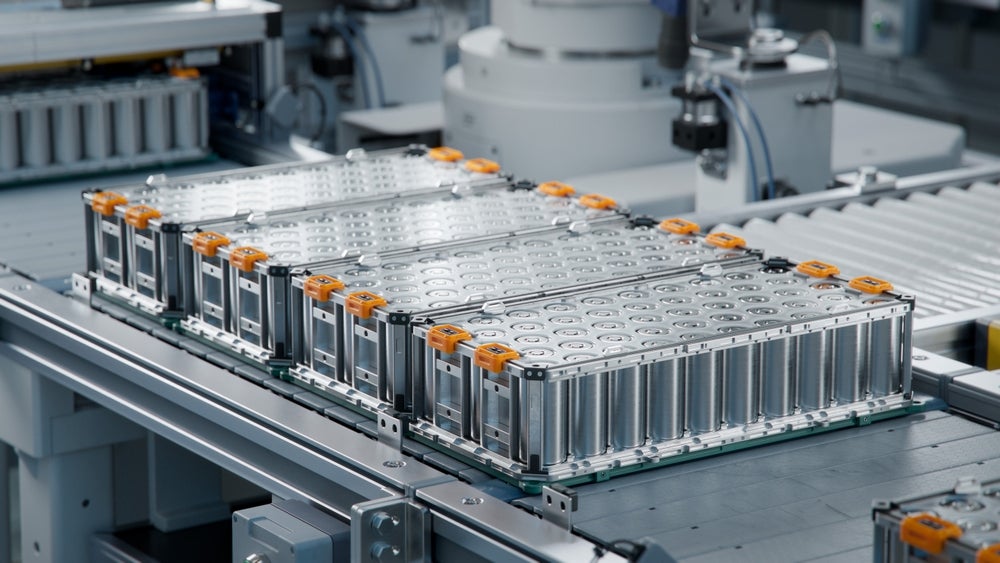France may need to build more than 14 new nuclear power plants, more than the six currently planned, if the nation is to meet its energy transition goal of reducing fossil fuel dependence from 60% to 40% by 2035.
Energy Transition Minister Agnes Pannier-Runacher stressed that nuclear will play an increasingly vital role in France’s energy mix. Speaking to La Tribune Dimanche just a few weeks before parliament reveals a bill relating to energy sovereignty, Pannier-Runacher said: “We need nuclear power beyond the first six EPRs [European Pressurised Reactors] since the existing (nuclear) park will not be eternal.”
This new energy strategy will be debated in parliament from late January and must be codified into law.
In 2022, French nuclear power output fell to a 30-year low after operational issues forced many reactors offline. This placed additional upward pressure on European energy prices, which were already being driven up reduced gas flows from Russia. However, French President Emmanuel Macron emphasised the importance of nuclear, stating: “What our country needs, and the conditions are there, is the rebirth of France's nuclear industry.”
Over the course of 2023, availability improved, falling in line with state-controlled energy provider EDF’s target of 300–330 terawatt-hours. EDF will construct the new plants with tens of billions in public financing and chief executive Luc Rémont said his company aims to build roughly one 1.6GW reactor a year.
President Macron also reinforced his country’s commitment to nuclear at the recent COP28 climate summit in Dubai, where he led a group of 20 world leaders signing a pledge to “triple nuclear energy capacity from 2020 by 2050”. Shortly after signing, Macron pronounced that “nuclear energy is back”.
France currently has 56 operable reactors that produce around 70% of the nation’s electricity. Comparatively, Germany, another European superpower, does not produce any of its electricity from nuclear power, while in the UK the figure is 15%.


